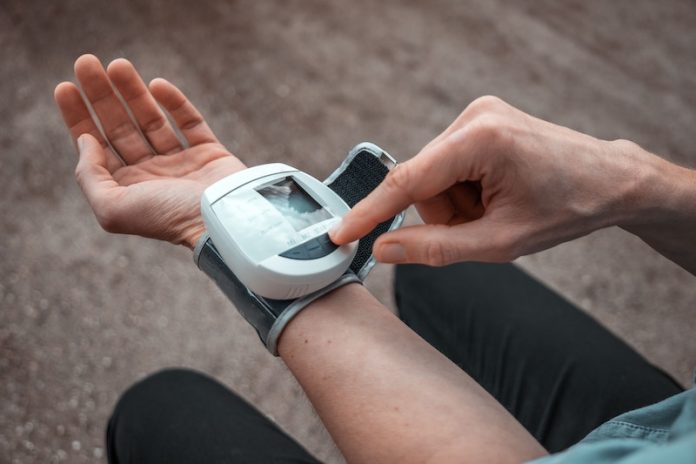
What’s New in Nutrition Research?
Nutrition research constantly evolves, revealing new insights about how our diet affects our health. One of the recent areas of exploration is the relationship between dietary vitamin E intake and hypertension, or high blood pressure. While we understand a lot about these two elements separately, the direct connection between them is not yet fully clear.
What is Hypertension?
Hypertension is a condition where the blood pressure in your arteries is consistently too high. It is often called a “silent killer” because it doesn’t usually have noticeable symptoms but can lead to serious health issues like heart disease and stroke.
The Importance of Vitamin E
Vitamin E is an essential nutrient that plays a vital role in our bodies. It acts as an antioxidant, protecting our cells from damage. It’s found in various foods like nuts, seeds, and vegetable oils. Despite its benefits, the effect of vitamin E on hypertension is not widely understood.
Our Study in China
To shed light on this issue, we conducted a study in China, involving over 12,000 adults who didn’t have hypertension at the start. We used data from the China Health and Nutrition Survey and tracked participants’ dietary intake and health for around 6.1 years.
How We Conducted the Research
We used a method known as 24-hour dietary recalls to measure what participants ate. This was combined with a household inventory to get a comprehensive view of their dietary habits.
We defined new-onset hypertension as a systolic blood pressure of 140 mmHg or more, a diastolic blood pressure of 90 mmHg or more, a diagnosis by a doctor, or the start of antihypertensive treatment.
Our Findings on Vitamin E Intake and Hypertension
Over the course of our study, 4269 participants developed new-onset hypertension. We found that the relationship between dietary vitamin E intake and new-onset hypertension formed a reverse J-shaped curve. This implies that both too little and too much dietary vitamin E were associated with higher risks of hypertension.
Specifically, participants in the first quintile (those consuming less than 18.75 mg of vitamin E daily) and those in the fifth quintile (those consuming 40.53 mg or more daily) had a significantly higher risk of developing hypertension compared to those in the second to fourth quintiles (those consuming between 18.75 and 40.53 mg daily).
Interestingly, even after adjusting for intake of other nutrients (vitamin A, riboflavin, niacin, vitamin C, zinc, copper, and selenium) or certain foods (vegetables, fruits, legumes, grains, nuts, and vegetable oils), the results remained largely the same.
So, What Does This Mean?
Our study suggests that there’s a complex relationship between dietary vitamin E intake and the risk of new-onset hypertension. Both too little and too much vitamin E in one’s diet could increase the risk of developing high blood pressure among Chinese adults.
This research adds to our understanding of dietary influences on hypertension and may have implications for future dietary guidelines. However, as with all dietary recommendations, it’s important to maintain a balanced diet and lifestyle, and to consult with healthcare providers for personalized advice.
The research was published in Hypertension Research.
Copyright © 2023 Scientific Diet. All rights reserved.








